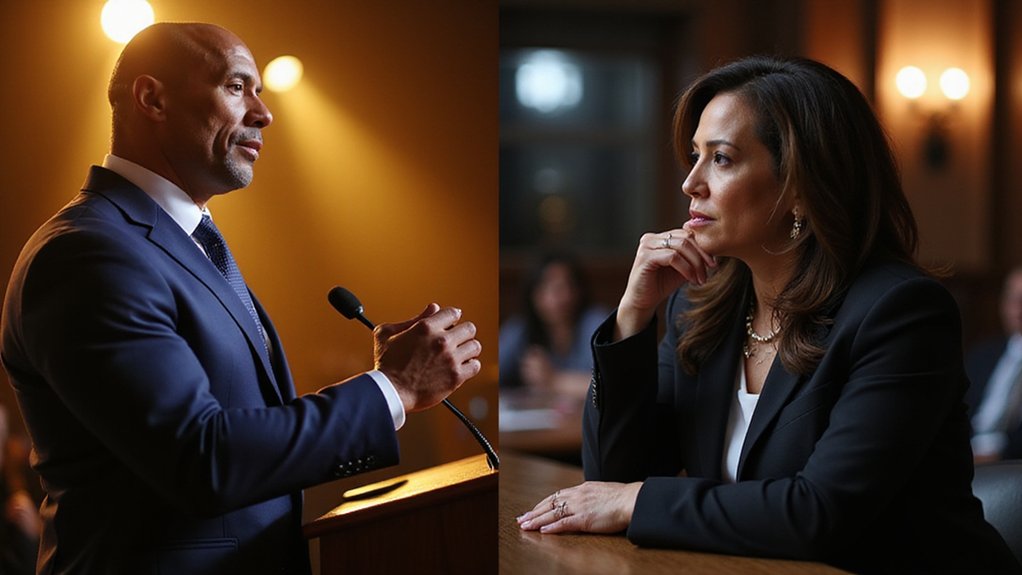A seismic shift in the traditionally cautious world of banking regulation has arrived with the Federal Reserve‘s formal authorization allowing US banks to offer custody services for Bitcoin and other cryptocurrencies—a development that would have been dismissed as regulatory fantasy just a few years ago. This unprecedented move stems from a coordinated joint statement by the Federal Reserve, OCC, and FDIC, suggesting that even the most conservative financial institutions have finally acknowledged that digital assets aren’t merely a passing fad destined for regulatory oblivion.
The decision effectively dismantles previous regulatory uncertainty that barred traditional banks from entering crypto custody, enabling them to compete directly with specialized crypto custodians while broadening institutional access to digital investments. This timing coincides with heightened demand from institutional investors seeking secure, regulated cryptocurrency custody solutions—a convergence that would make even the most skeptical observer wonder if regulatory agencies have been quietly accumulating Bitcoin themselves.
Banks venturing into crypto custody must navigate a labyrinth of compliance requirements, adhering to existing banking regulations including risk management, cybersecurity, and fiduciary standards. Anti-Money Laundering (AML) and Know Your Customer (KYC) protocols remain paramount, while management teams must evaluate technical tools for key generation and wallet security to align with institutional control environments.
Regulators emphasize continuous review of supported tokens’ software and underlying ledger design—a requirement that transforms bankers into reluctant blockchain archaeologists. Operational requirements mandate that banks maintain exclusive control over cryptographic private keys, preventing unauthorized asset movement by customers or third parties.
These custody services classify as “safekeeping,” requiring secure management consistent with existing banking laws while implementing sound risk-management protocols, including incident response and contingency plans for technological failures.
Perhaps most intriguingly, banks may outsource crypto custody functions to sub-custodians or technology providers while retaining full legal responsibility—an arrangement that effectively transforms traditional banks into sophisticated middlemen between institutional clients and the wild west of cryptocurrency infrastructure.
Due diligence requirements include evaluating how cryptographic keys are generated, stored, and destroyed, plus evaluating operational resilience scenarios where sub-custodians might fail or declare bankruptcy. Periodic audits and security evaluations ensure ongoing compliance within these evolving custody systems.
As traditional banking intersects with digital assets, the rise of DeFi protocols operating without traditional intermediaries presents both opportunities and challenges for banks seeking to maintain relevance in an increasingly decentralized financial landscape.









